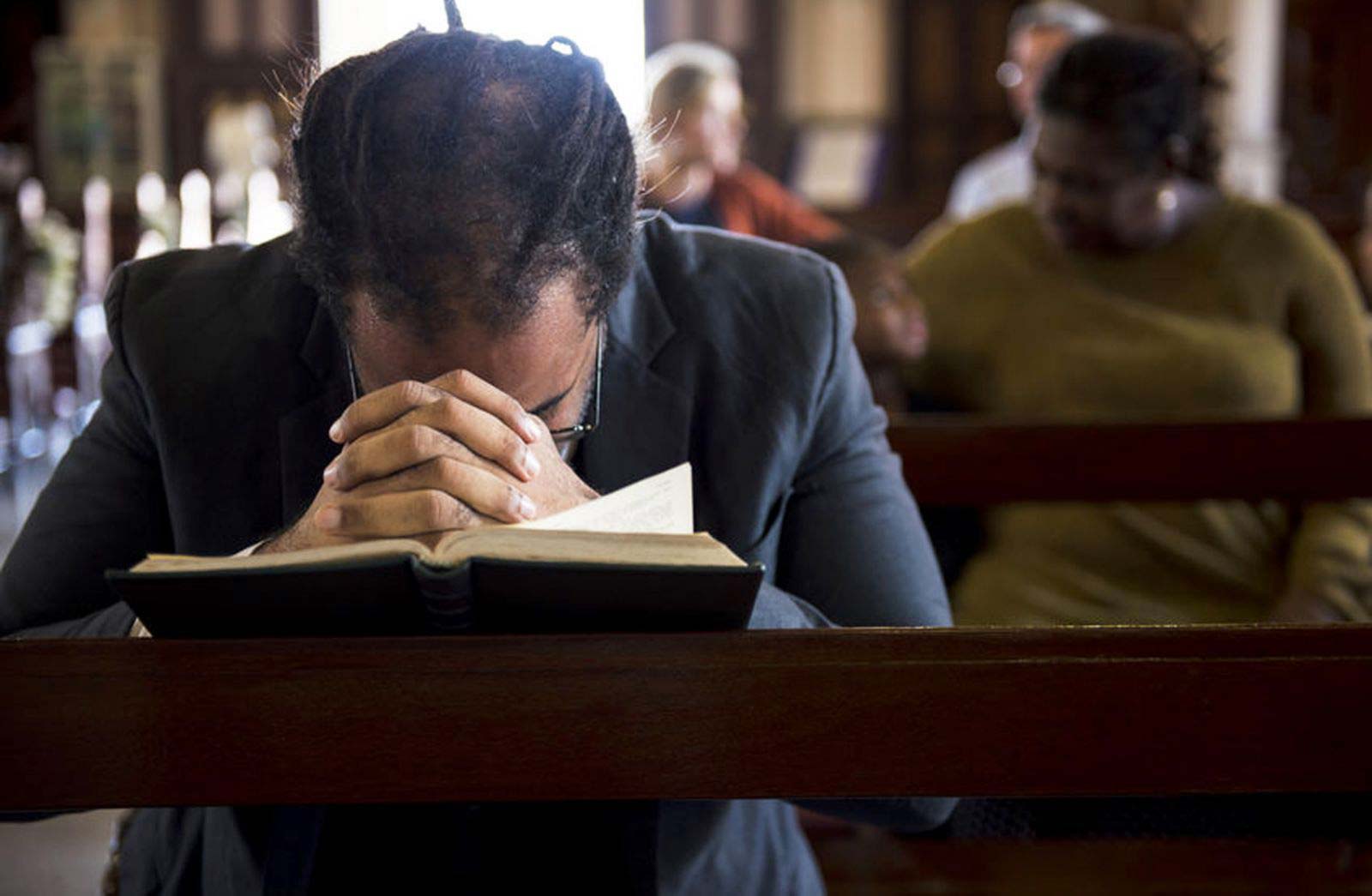During his lifetime, Christ instituted these two sacraments because the new life he gives us can be weakened and even get lost in sin. As such, Christ allowed for the church to continue his work of healing through the means of two important sacraments. (For Teaching resources see Prayer and Sacrament Resources.)
The Sacrament of Penance (also sometimes referred to as Confession or Reconciliation) is a sacrament of forgiveness, compassion and healing. Children will normally receive the Sacrament of Penance for the first time a little while before they receive their First Holy Communion.
This sacrament reaffirms that God loves us before we even recognise that we need to be forgiven. The love of God for us is expressed in mercy, compassion and forgiveness. The Sacrament now focuses more clearly on the relational nature and reminds us that as individuals and as community we stand in need of God’s forgiveness and healing love, in all our relationships, with ourselves, God and others.
We can identify areas where we are not living out our calling as members of the Christian community. We need to express our sorrow and call on the Holy Spirit for encouragement and support on our journey. The Sacrament of Penance restores our relationship with God, self and others.
To learn how you can receive reconciliation, please contact your local parish.

This sacrament is specifically intended for the benefit of the sick. It was instituted by Christ and attested by St. James. (James 5:14-15).
Any member of the faithful can receive this sacrament, and it may be given, in a hospital or church, to several people at the same time. If the illness is long lasting (or worsens), the sacrament may be received more than once.
In this sacrament the priest prays with the sick person. He then anoints them on the forehead and hands with the Oil of the Sick and this is accompanies by the prayer of the priest who asks for the special grace of this sacrament. Following the anointing, the sick person, may also receive Holy Communion, known (when given to the dying) as “The Viaticum” to prepare them for the journey to eternal life. If people are in need of this Sacrament they should contact their local parish.
To learn how you or an ill person in your care can receive an anointing, please contact your local parish.
Source: From the Compendium of the Catechism of the Catholic Church and I Believe – A Little Catholic Catechism.
